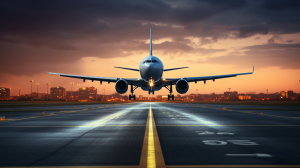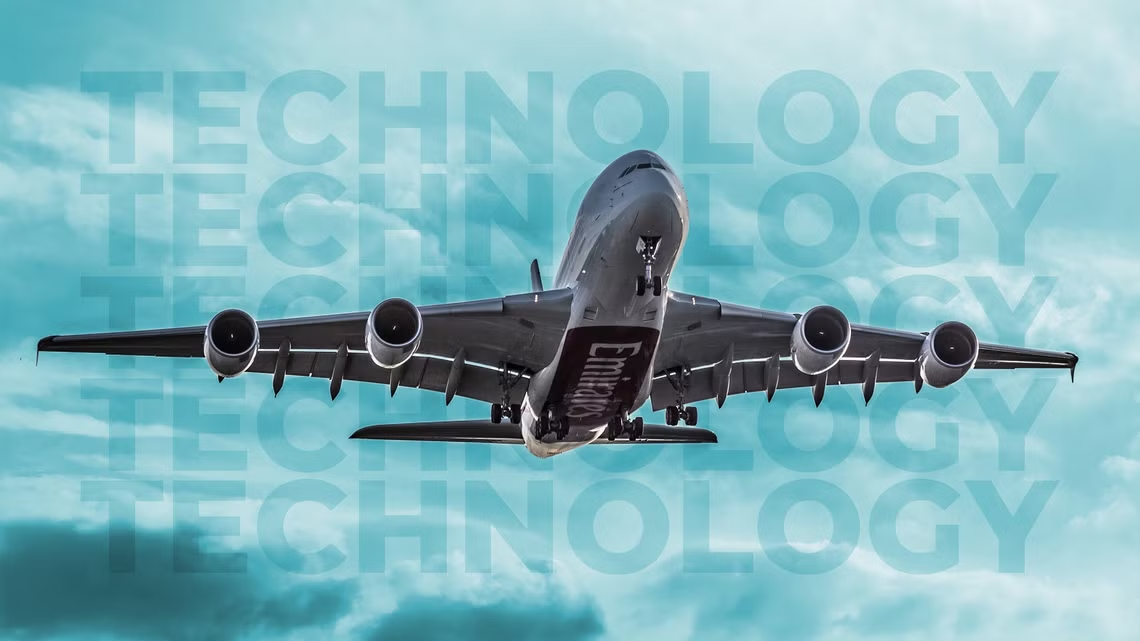
Last week incident involving the crew of ValueJet Airline’s (Flight VK 201) and renowned Fuji musician, King Wasiu Ayinde Marshal (KWAM 1) at the Nnamdi Azikiwe International Airport, Abuja was a clear case of safety breach. Video footages of the incident showed the aircraft taxiing from the ramp despite the people standing very close to it. In the process, the right wing of the aircraft nearly hit the musician who had to quickly duck to escape what would have resulted in a tragic accident. What transpired was a reckless negligence of aviation regulations which guide passenger-airline interface.
Ordinarily, it is the responsibility of the pilot-in-command (PIC) to take the final decision whether to allow a passenger to board the aircraft or not, based on the International Civil Aviation Organisation (ICAO) regulation. They are specifically empowered to override any other regulation in an emergency, and to take the safest course of action at his/her sole discretion. But in this case, it could not be said that the flight was under any safety threat; it was just that one of the passengers refused to obey the pilot’s instruction not to board the flight carrying a liquid, which is against the rules as contained in the Nigeria Civil Aviation Regulations (NCAR) 2023.
It is yet to be confirmed whether the dispatcher signalled that the pilot should initiate taxiing off the ramp despite the commotion going on at the nose of the aircraft. It is also yet to be ascertained whether her action was in line with the Ramp Standard Operating Procedure (SOP) of the airline. But video footages and the reaction of the Nigeria Civil Aviation Authority (NCAA) and the Minister of Aviation and Aerospace Development, Festus Keyamo, indicated that the pilot in command might have lost her temper by initiating the taxiing while Kwam 1 was standing close to the nose of the aircraft.
From the voices in the videos, Kwam 1 may have attempted to stop the aircraft after it was cleared by Air Traffic Control, which was both reckless and dangerous, as he could have lost his life in the process. The incident therefore calls for proper investigation to prevent such from happening in future. The Federal Airports Authority of Nigeria (FAAN) regulation stipulates that if a passenger is carrying any liquid he will not be allowed to board a commercial flight. This is in accordance with international aviation security standards. Nigeria’s National Civil Aviation Security Programme (NCASP) and ICAO stipulate that liquids exceeding 100ml are not permitted through security screening unless medically necessary and properly declared. And according to FAAN, the passenger was informed of this regulation but reportedly declined to comply.
That the cockpit crew and the passenger defied the rules may have justified the suspension of the pilots and the flight ban of Kwam 1. But that incident has shown a deterioration of flight procedures and carelessness by the cockpit crew. If Kwam 1 did not duck, the right wing of the aircraft could have killed him. We call on the NCAA to ensure that airlines strictly adhere to the regulatory conditions and processes in their flight operations and will recommend that the regulatory authority deploy safety officers to the ramp from time to time to monitor proceedings at the major airports in the country.
Meanwhile, it is also important for aviation authorities in the country to investigate the growing cases of wilful acts of indiscipline by unruly passengers, especially on the domestic routes. From barricading terminal entrance to blocking the aisles inside aircraft or refusal to comply with crew instructions to switch off mobile phones, these incidents are becoming excessive. Authorities in the sector must deal with them.






